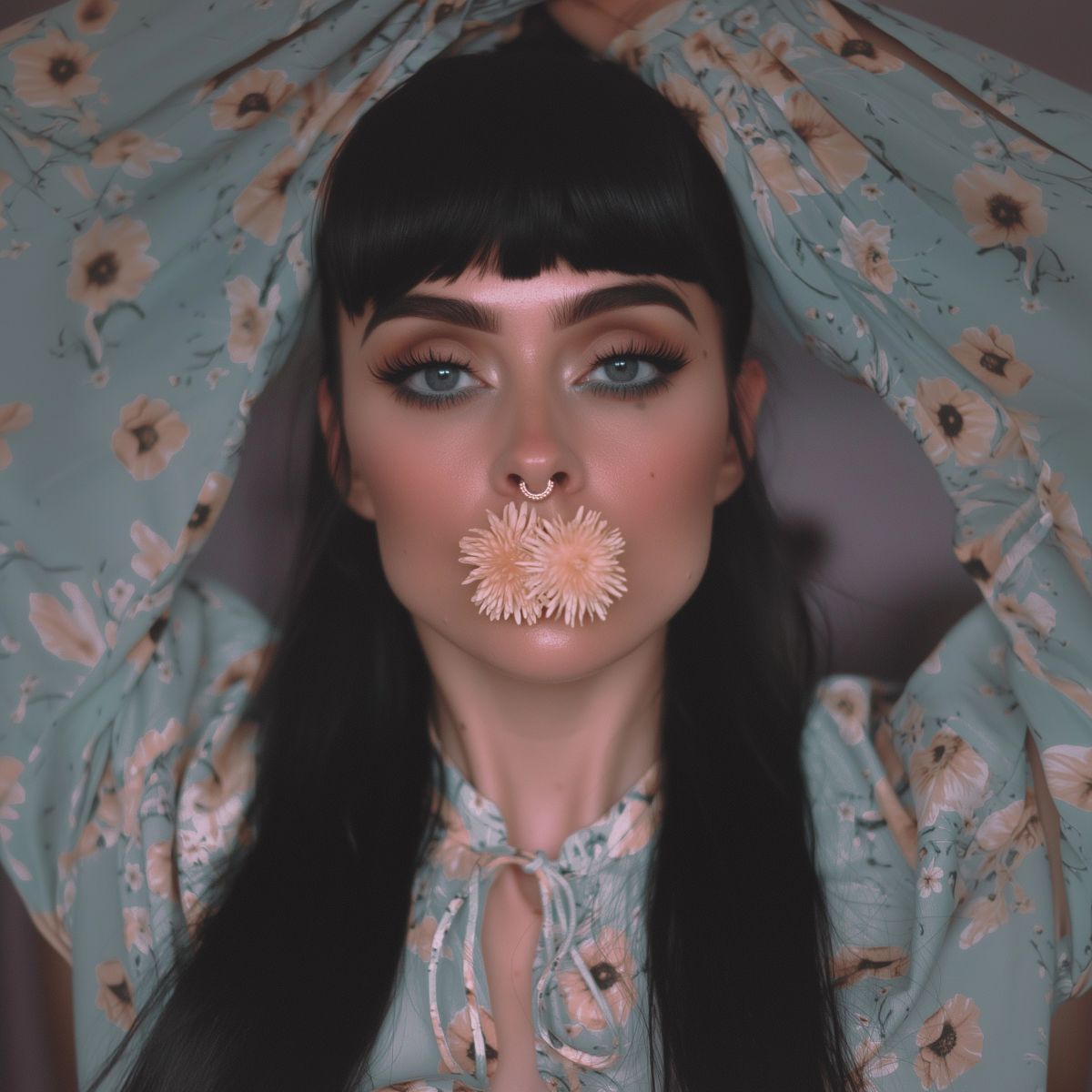
Venus in the 11th House
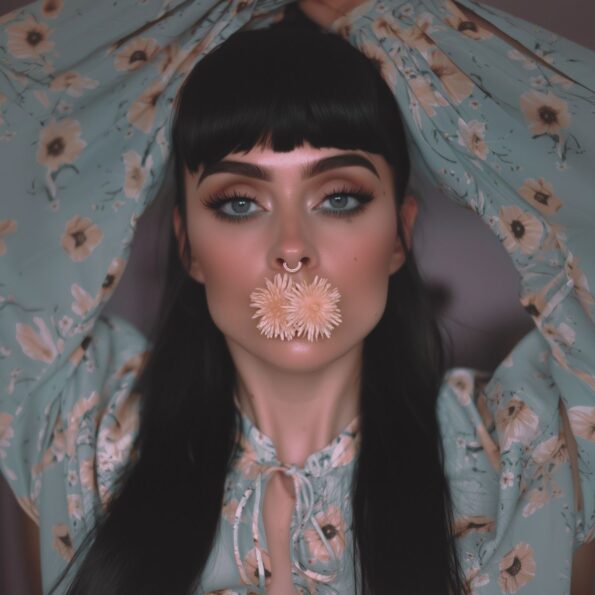 Venus in the 11th house is electric and expansive, a lover of the collective dream, a harmonizer of humanity. To have Venus here is to possess a curious and rather beautiful contradiction. There is a deep desire to belong to an ideal—a tribe, a cause, a swirling constellation of kindred spirits united by something more than the banalities of romance. Love, for the 11th house Venusian, is a shared vibration across many hearts. These people often find that their most meaningful connections begin as friendships, or arise within groups united by purpose—a band, a movement, an esoteric book club. This placement brings a kind of social magnetism that entices. There’s something about the way they make others feel seen—not as isolated egos, but as contributors to a great mosaic. They have a way of bringing people together into one vibe. And while they might seem breezy and even a touch detached at times, it’s not indifference—it’s that their affections are wide-angled, panoramic. They love with an open heart and a wide lens.
Venus in the 11th house is electric and expansive, a lover of the collective dream, a harmonizer of humanity. To have Venus here is to possess a curious and rather beautiful contradiction. There is a deep desire to belong to an ideal—a tribe, a cause, a swirling constellation of kindred spirits united by something more than the banalities of romance. Love, for the 11th house Venusian, is a shared vibration across many hearts. These people often find that their most meaningful connections begin as friendships, or arise within groups united by purpose—a band, a movement, an esoteric book club. This placement brings a kind of social magnetism that entices. There’s something about the way they make others feel seen—not as isolated egos, but as contributors to a great mosaic. They have a way of bringing people together into one vibe. And while they might seem breezy and even a touch detached at times, it’s not indifference—it’s that their affections are wide-angled, panoramic. They love with an open heart and a wide lens.
However, here’s the trouble: when Venus expresses through the airy, idealistic corridors of the 11th house, the danger is disconnection cloaked as connection. There can be a subtle longing, a persistent ache beneath the sociability. The love of the collective can sometimes eclipse the intimacy of the personal. Relationships might begin with shared dreams but flounder when faced with the humdrum of daily existence. It’s one thing to fall in love during a protest march or a community art project—it’s another to manage the silent moments, the mornings without purpose.
And yet, there’s such beauty here. A person with this placement often becomes a bridge—the gentle conduit through which love enters the world in enduring, democratic waves. Their presence often soothes the frictions of group dynamics. They instinctively know how to make a room feel cohesive, how to ensure no one feels left out. They are not lovers in the possessive sense, but lovers of humanity. And in the quiet moments, when they’re not busy saving the world, they crave connection that’s as boundless in spirit as they are.
Social events, for such a soul, are rituals of connection, spontaneous ceremonies of communion. It’s an opportunity to sense the rhythm of human harmony, to feel the shared pulse of the people gathered. There’s a genuine delight in these interactions, a kind of innocent joy in knowing others and being known. This placement speaks to the soul who doesn’t just attend social events—they belong to them. There’s a kind of gravitational warmth that pulls them into spaces where ideals are exchanged like currency, where hearts open over shared dreams. They’re often drawn to communities that mirror their values, clubs or movements that reflect back their vision of a better world—whether it’s eco-activism, spiritual circles, or just a group of people who really like French cinema.
But the friendships are the glittering jewels in their social crown. For them, companionship is not secondary to romance, but often its equal or even its superior. They cherish a wide-ranging network, and in this diversity of friends, they find themselves constantly expanded, refined, reawakened. However, there’s a subtle challenge here too. The joy of being widely connected can sometimes eclipse the depth of individual intimacy. There may be times when they feel lonely in a crowd, or struggle to find where exactly they fit among the many. The risk is of spreading themselves too thin, of becoming everyone’s friend.
Love and Romance
Romance for the Venus-in-the-11th house soul is about the soulful spark that flickers into life over shared laughter, communal causes, or a mutual appreciation for art. For them, love is democratic. It’s an extension of friendship, shared ideals, and even values. Their lovers are often found within their extended network of friends—someone they’ve known for years, someone who suddenly appears as a potential co-builder of dreams. But it’s not just any kind of love they seek—it’s harmonious. There’s a Venusian desire for aesthetic and emotional balance. They want a relationship that feels good, looks good, and exists in a kind of golden ratio of give and take. They’re drawn to people who match their values, their vision, their vibe. Love must be beautiful, but also just.
Now, the presence of strong female friendships in this placement is often like a warm current running through their life. Women—whether biological, chosen, or spiritual—form the backbone of their emotional support system. Conversations with these women are inspiration, lifelines and laughter lines. These are the late-night calls, the brunches, the mutual eye-rolls. Whether they identify as male, female, or otherwise, people with Venus in the 11th house tend to find women who act as mirrors, mentors, and muses.
In a world often obsessed with romantic love as the highest form of intimacy, these individuals quietly challenge this theory. They show us that love can be many things: a political act, a communal celebration, a friendship slowly turning its face toward the sun. For them, the most enduring romances are born of shared vision and companionship—like two revolutionaries who also happen to be really into each other.
The Social Butterfly
The glittering social butterfly that is Venus in the 11th house, flutters through friend groups, lighting up rooms with personal charm and inclusivity. When Venus—the planet of love, beauty, and connection—is placed in the communal amphitheatre of the 11th house, she doesn’t just flirt with lovers; she flirts with everyone. The affection she spreads isn’t necessarily romantic, but it’s potent. It’s magnetic. It makes people feel special, chosen, adored. But therein lies the problem: when everyone feels like the favorite, some start to wonder who’s really center stage. Cue the murmurs of rivalry and the glimmer of jealousy, like sequins catching the wrong kind of light.
The emotional entanglements in these friendships can be surprisingly intense. While it all begins with shared laughter and mutual empowerment, it can spiral into a subtle competition—who’s closer? Who’s the real best friend? Who was invited first, liked the post first, told the secret first? The very thing that makes these connections so fulfilling—the emotional investment, the depth, the intimacy—also makes them ripe for complications.
With Venus here, socializing can become an art form, a necessity, and sometimes… a bit of an escape. The desire to maintain harmony, to keep the vibe light and lovely, can lean into avoidance. So instead of confronting emotional undercurrents directly, there might be a tendency to smooth them over with another party, another prosecco, another playful night that leaves the deeper issues unspoken and unresolved.
Let’s not forget the particular dynamics in predominantly female friendships, which this placement often fosters. They are imbued with such emotional charge that even minor slights can feel seismic. A forgotten invite, an offhand comment, or a new friend entering the circle can be misread as betrayal. The stakes are high when love and friendship are fused so tightly. But let us not despair. These challenges are not indictments—they’re invitations. To live with this placement is to dance with many, but also to learn when to step out of the crowd and have that honest, heart-to-heart under the stars. To admit when you’re hurt. To set the boundary. To realize that true harmony isn’t about avoiding conflict, but moving through it with compassion.
A Love Protest
For these folks, love is never just a private affair. It’s public, political, philosophical. They don’t want a partner merely to snuggle with during television binges (although they’ll appreciate a good documentary). No, they crave a co-conspirator, a fellow traveler, someone who shares their ideals and their impulse toward the collective good. Love, for them, is a kind of activism—a union of values as much as a mingling of souls. It’s not enough to be charming or attractive; the would-be partner must possess substance, a spark of purpose. Someone who stands for something. A partner who doesn’t just say “I love you,” but also says “Let’s start a community garden” or “I’ve been thinking about ethical fashion supply chains.” Without this shared vision, a higher purpose, even the most passionate relationship may start to feel shallow, like a beautiful painting without depth.
But just as much as they thrive on connection, they also need space—space to explore, to dream, to pursue their own passions. Their love language might be, “I adore you, and I’ll see you after my group meeting.” It isn’t detachment, it’s respect. They see love as a kind of freedom—freedom with trust, with alignment, with shared meaning. Control, clinging, or emotional dependency will feel suffocating. And yet, when they find that person—someone whose mind excites them, whose ideals match theirs, whose presence feels like both a home and a launchpad—they will give their whole heart. Quietly, steadily, joyfully. They’ll build a partnership that feels like a living thing, constantly evolving, rooted in friendship, charged with mutual inspiration.
These individuals don’t simply enjoy having friends—they need them. Friendship here transforms ideals into action. In these circles, words of encouragement are catalytic. A conversation over coffee might suddenly become the seed of a nonprofit, a podcast, a communal living project. Friends don’t just cheer them on from the sidelines; they’re right there on the pitch, passing the ball, strategizing, playing alongside. The joy multiplies when shared. The success, if achieved in isolation, isn’t quite as sweet. So these individuals lean into their networks out of reverence. They understand, perhaps more than most, that community is important. Ideas get shinier when they’re passed around.
But this isn’t just about feel-good moments and Insta-worthy brunches. There’s a developmental urgency here too. Social interaction is how these individuals grow. It stretches their minds, challenges their assumptions, invites them into new worlds. Every friend becomes a window. Every gathering a mirror. The more perspectives they’re exposed to, the more complete their understanding of the world—and of themselves—becomes. Making time for friends, for social rituals, is essential. It’s how they recharge, recalibrate, realign. When life gets too solitary or routine, they can feel unfulfilled, like a bird flapping in a sealed room. But drop them into a circle of engaged, thoughtful, heart-forward humans, and suddenly they’re alight again—ideas flowing, heart glowing, purpose rekindled.
These individuals, with their innate gift for social grace and a heart tuned to the frequency of the collective, are the secret sauce in any group effort, the ones who not only show up but elevate the whole affair with a sparkle of charm and sincere camaraderie. They are not lone wolves by design, nor are they clingy chameleons seeking to blend in. Rather, they are the connective tissue—the ones who make others feel heard, seen, and subtly inspired to give just a bit more to the cause. In any gathering, from a grassroots political campaign to a community garden co-op, they intuitively understand the dynamics at play and smooth over the jagged bits with a smile, a joke, or a well-timed drink.
Now, when it comes to romance, they don’t just want a lover—they want a partner in purpose. Someone who doesn’t simply tolerate their sociable nature but enhances it. A supportive, socially adept partner becomes more than a companion—they become a collaborator, an enabler of destiny, someone who not only shares the couch but expands the circle. This type of partner acts as a social amplifier, helping them access new groups, fresh causes, different visions of the possible.
This isn’t about liking the same books or agreeing politically. It’s deeper. It’s about resonance—a shared heartbeat. Their joy is found not only in what they receive, but in what they help generate: laughter in community centers, harmony in activist circles, magic in midnight brainstorms. To say they’re assets to any collective initiative is like saying bees are useful to flowers. They are the pollinators of community, spreading ideas, building bridges, connecting dots that others didn’t even know were there. Their very presence can transform a group from scattered to unified, from tired to hopeful.

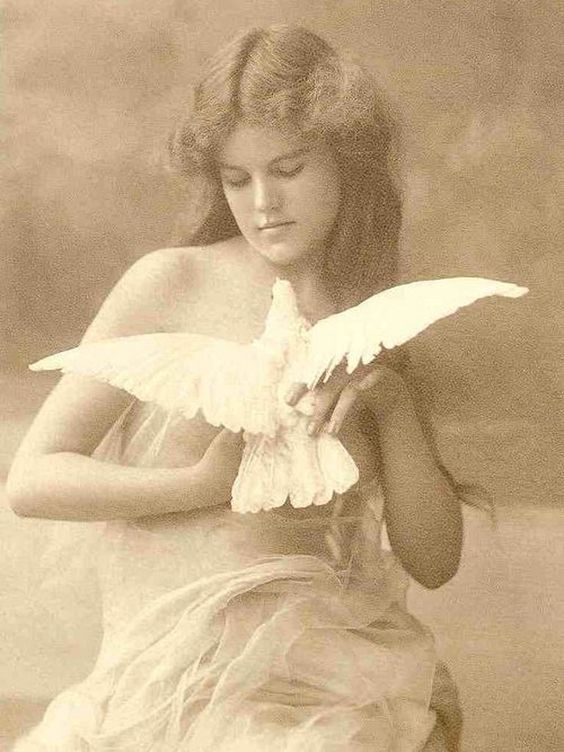
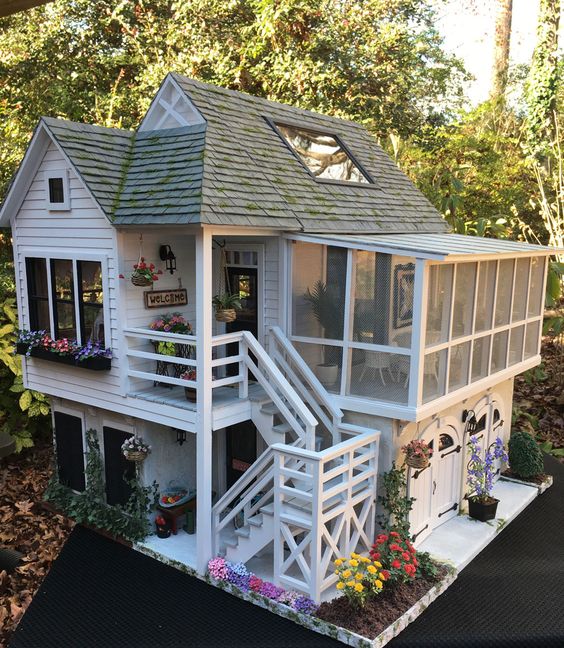
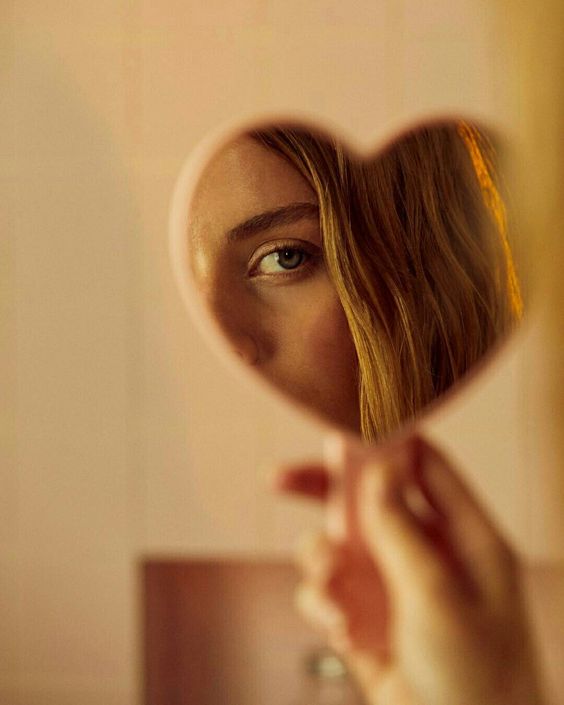
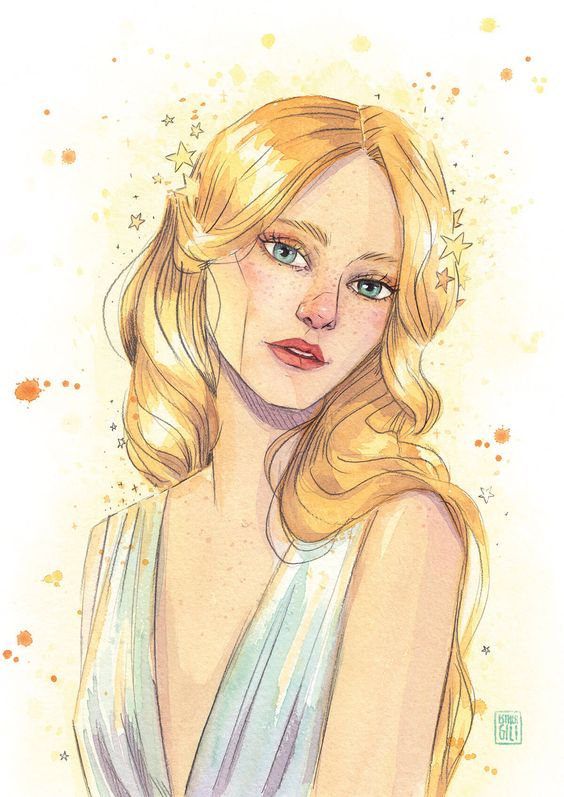
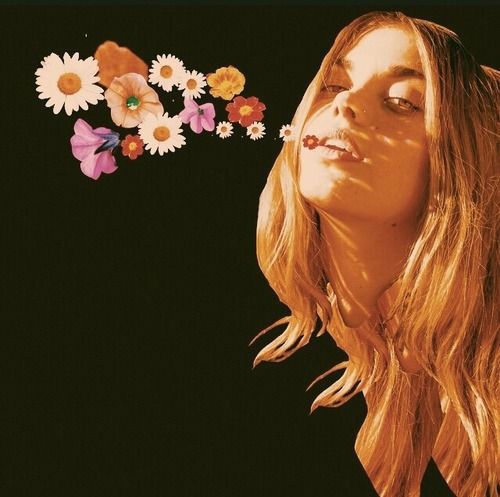
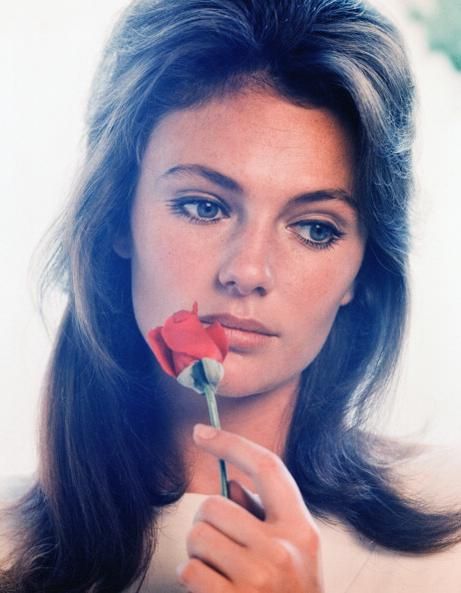
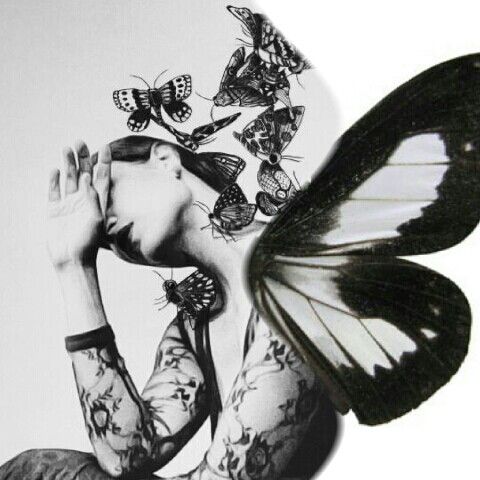
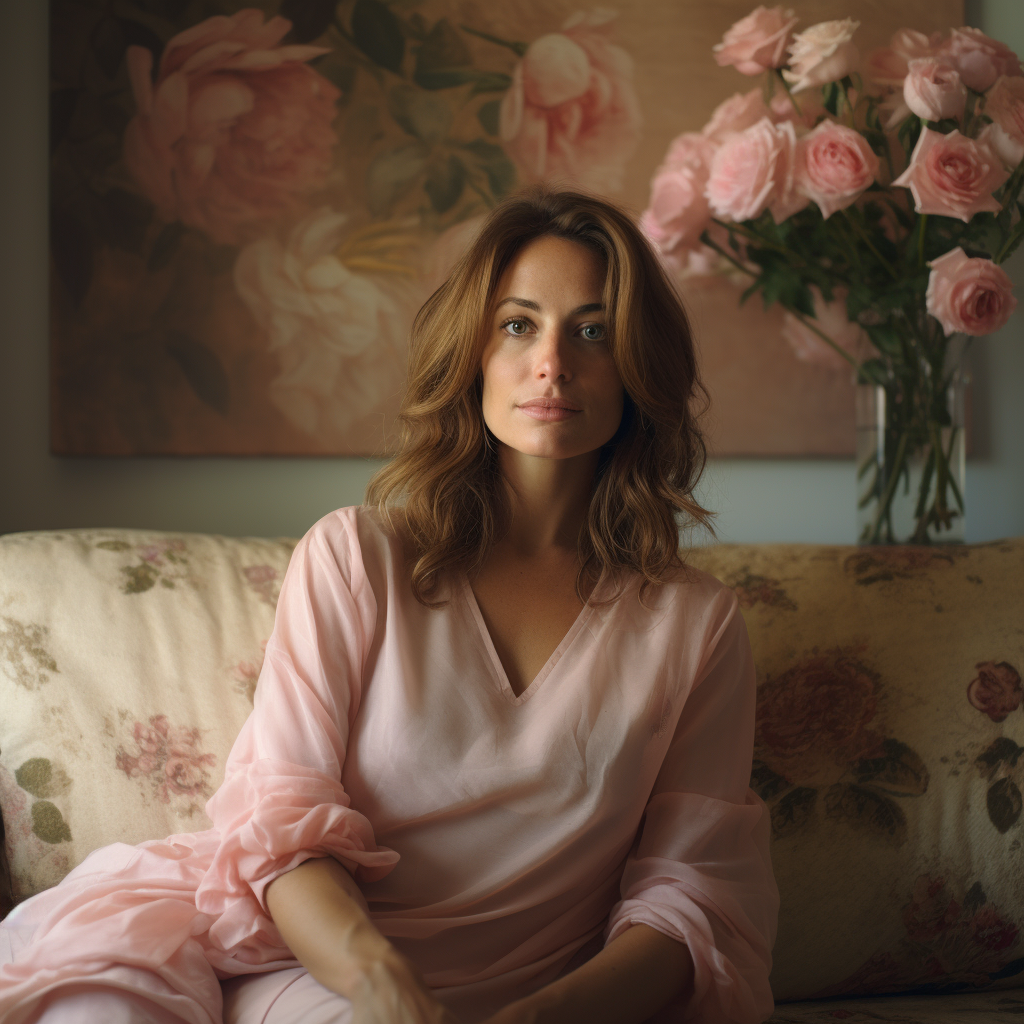

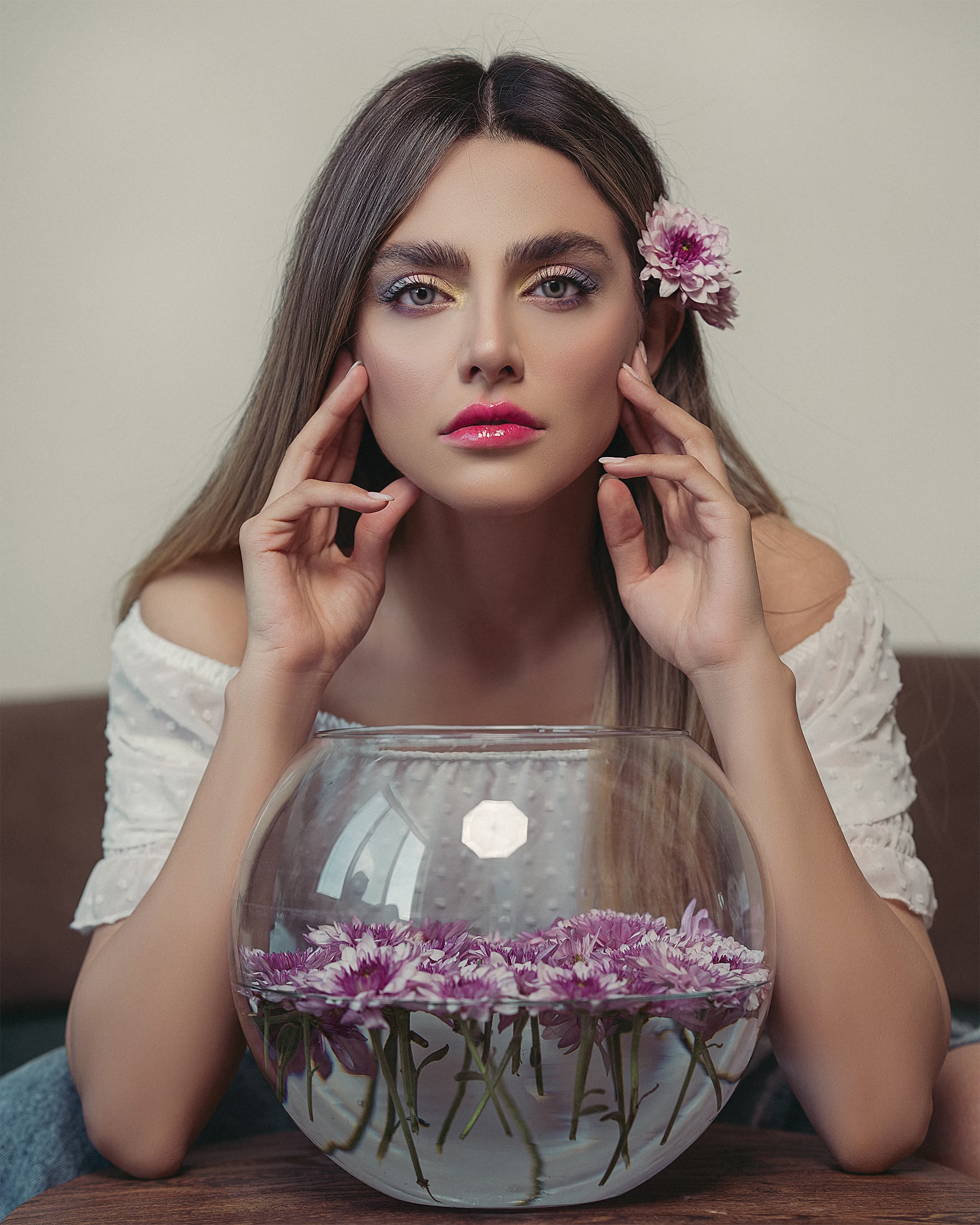
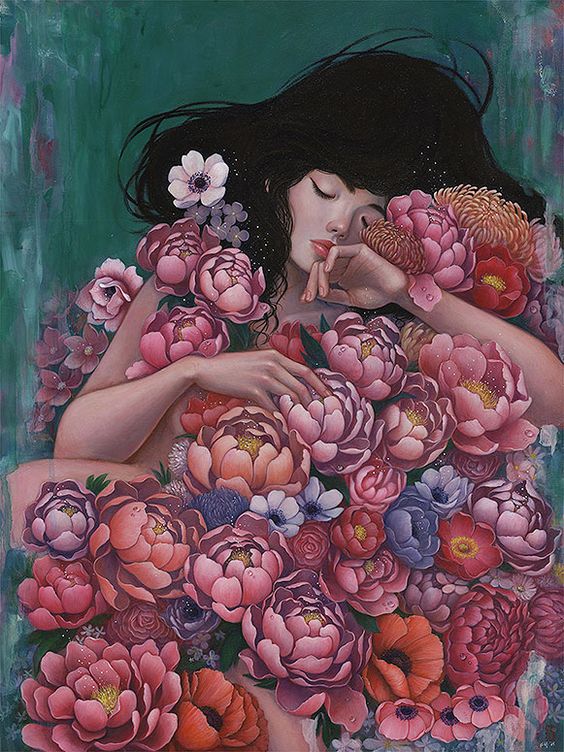
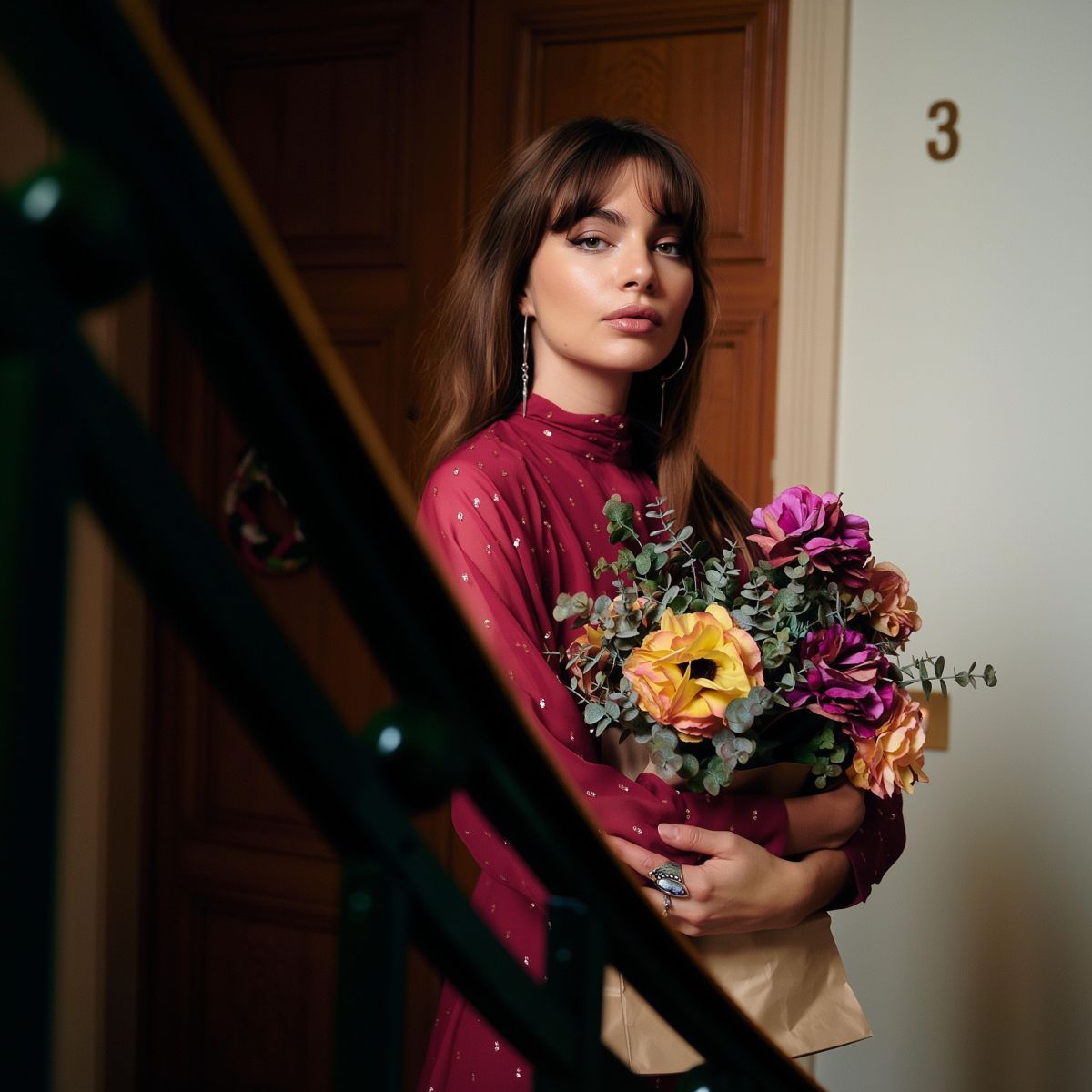
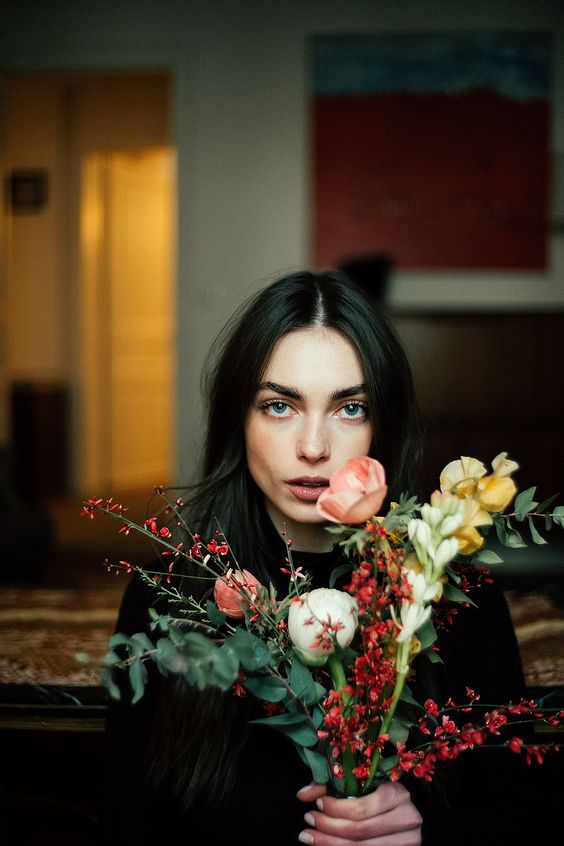
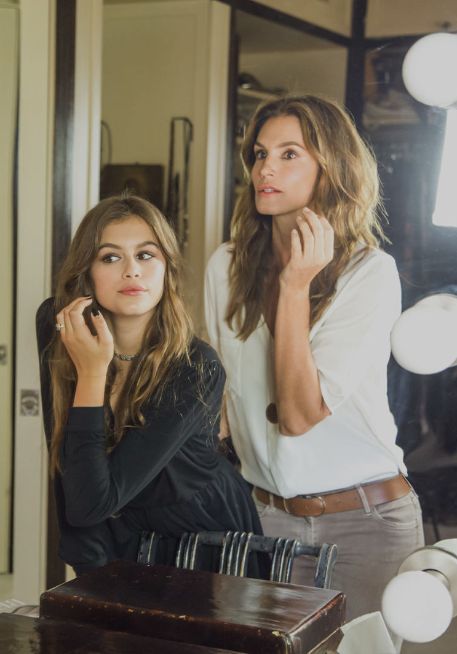
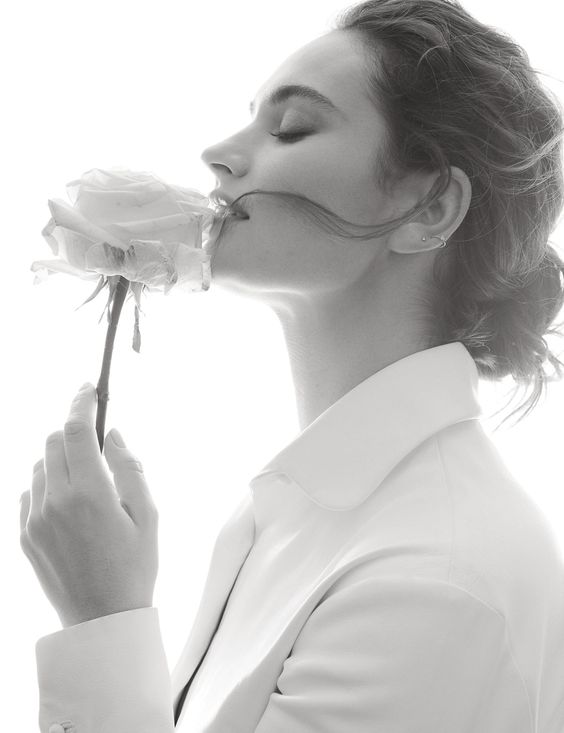

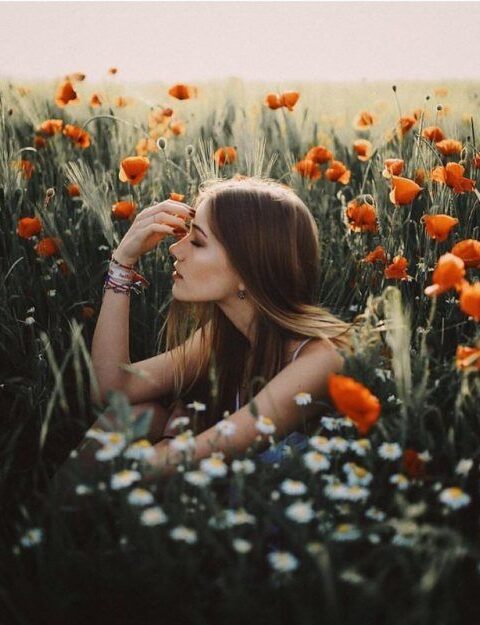
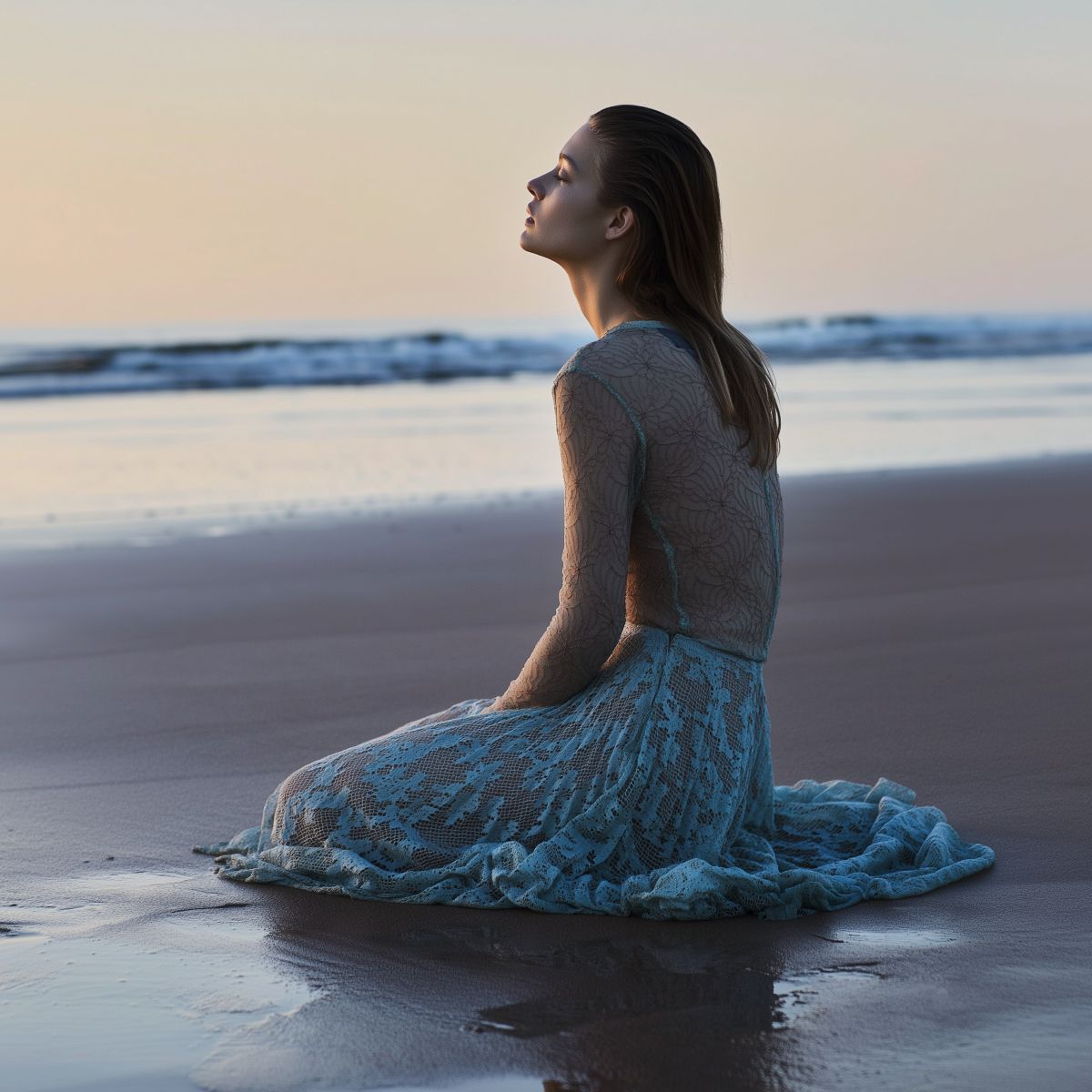
 Sun Square Pluto Synastry: You’ve Got That Power Over Me
Sun Square Pluto Synastry: You’ve Got That Power Over Me
 Scorpio’s Cold Withdrawal
Scorpio’s Cold Withdrawal
 Moon Conjunct Pluto Synastry
Moon Conjunct Pluto Synastry
 Venus-Pluto Synastry: A Love So Powerful That It Might Just Kill Them
Venus-Pluto Synastry: A Love So Powerful That It Might Just Kill Them
 Mercury Conjunct Venus Synastry
Mercury Conjunct Venus Synastry
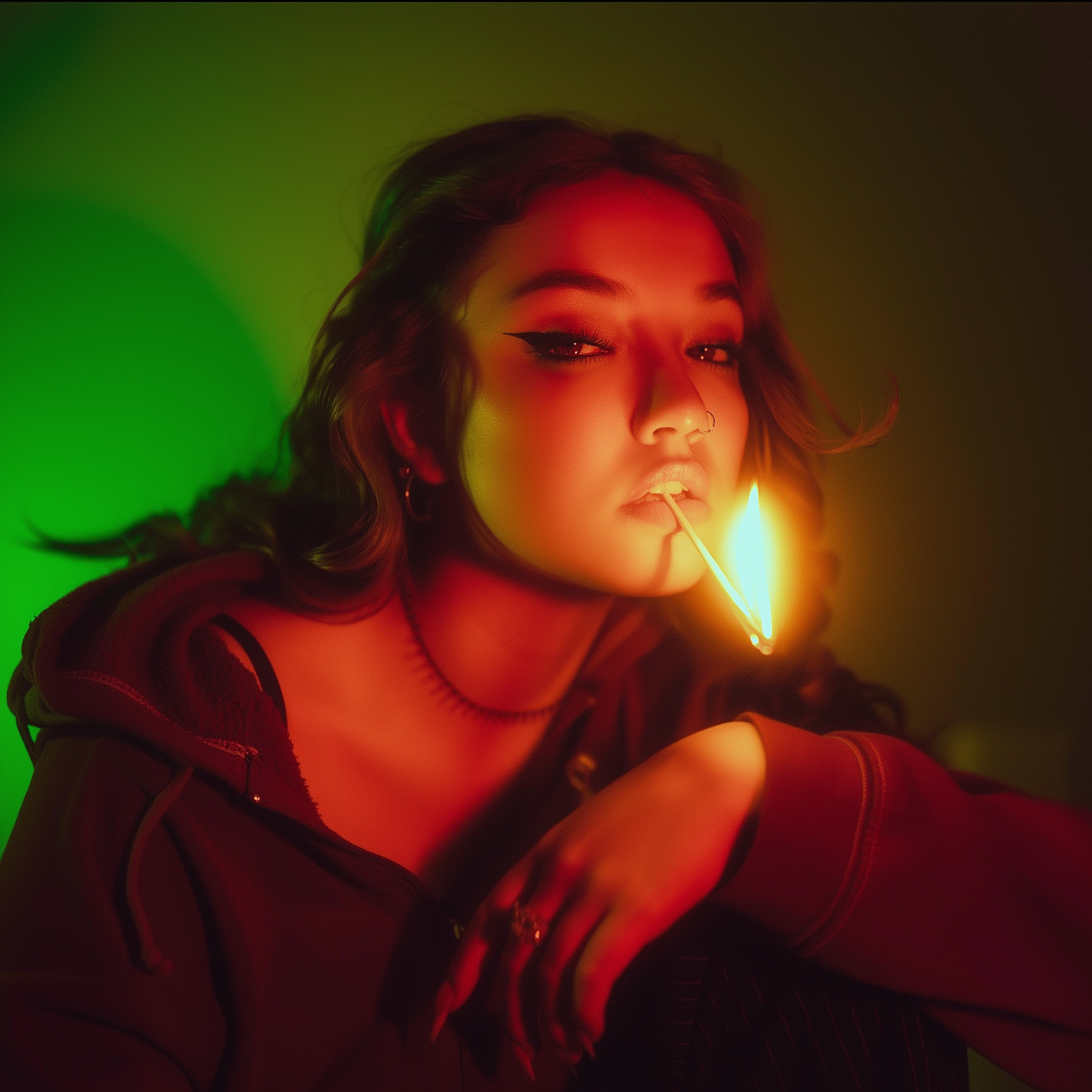 Mars Square Pluto Natal Aspect: The Unbreakable Spirit
Mars Square Pluto Natal Aspect: The Unbreakable Spirit
 Reflections on a Past Venus-Pluto Synastry Aspect
Reflections on a Past Venus-Pluto Synastry Aspect
 Mars-Pluto Synastry: Something Quite Dark and Dangerous
Mars-Pluto Synastry: Something Quite Dark and Dangerous
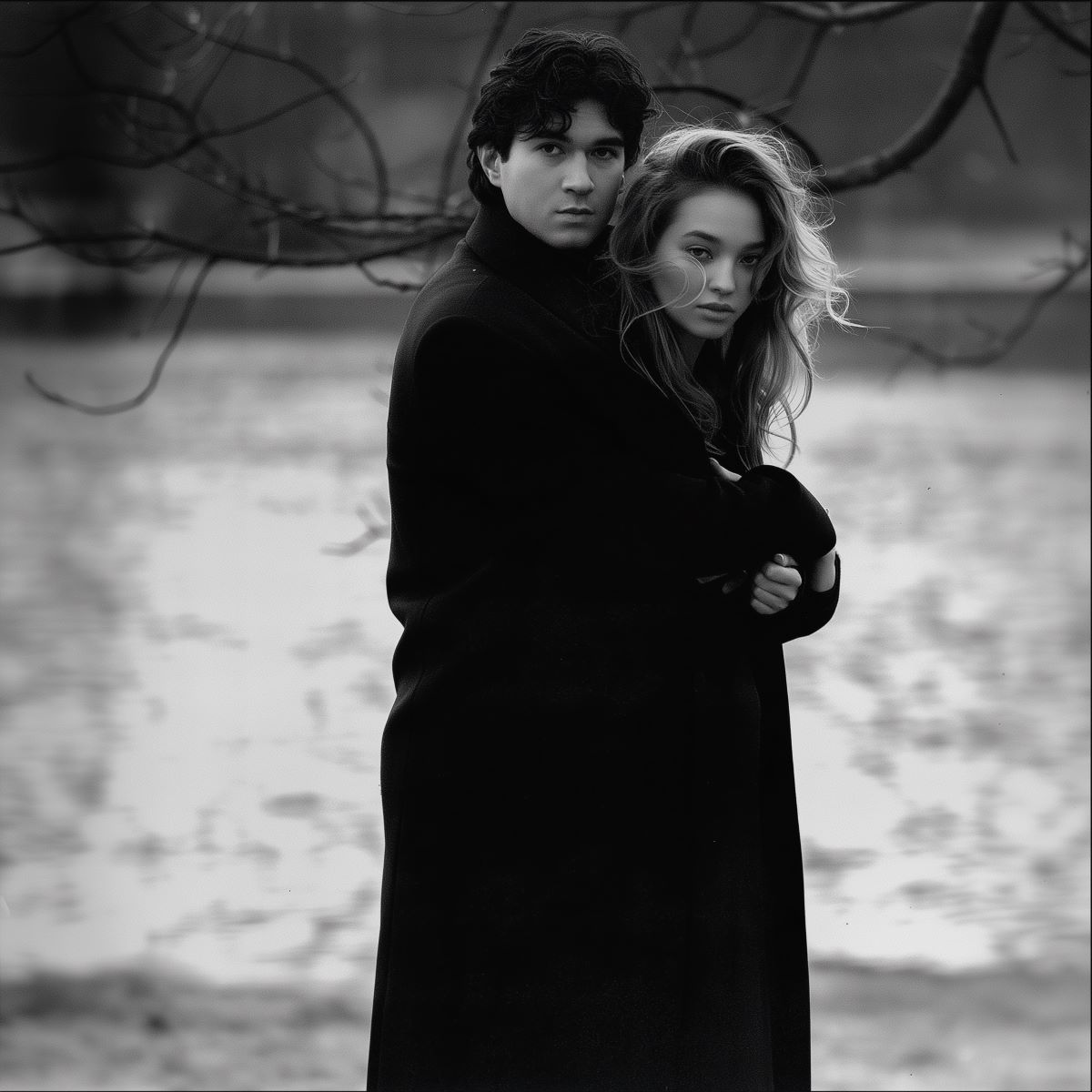 Uranus Transits 8th the House: Rebirth from Chaos
Uranus Transits 8th the House: Rebirth from Chaos
 Venus Trine Mars Synastry
Venus Trine Mars Synastry
 Mars in Aquarius: Sex drive
Mars in Aquarius: Sex drive
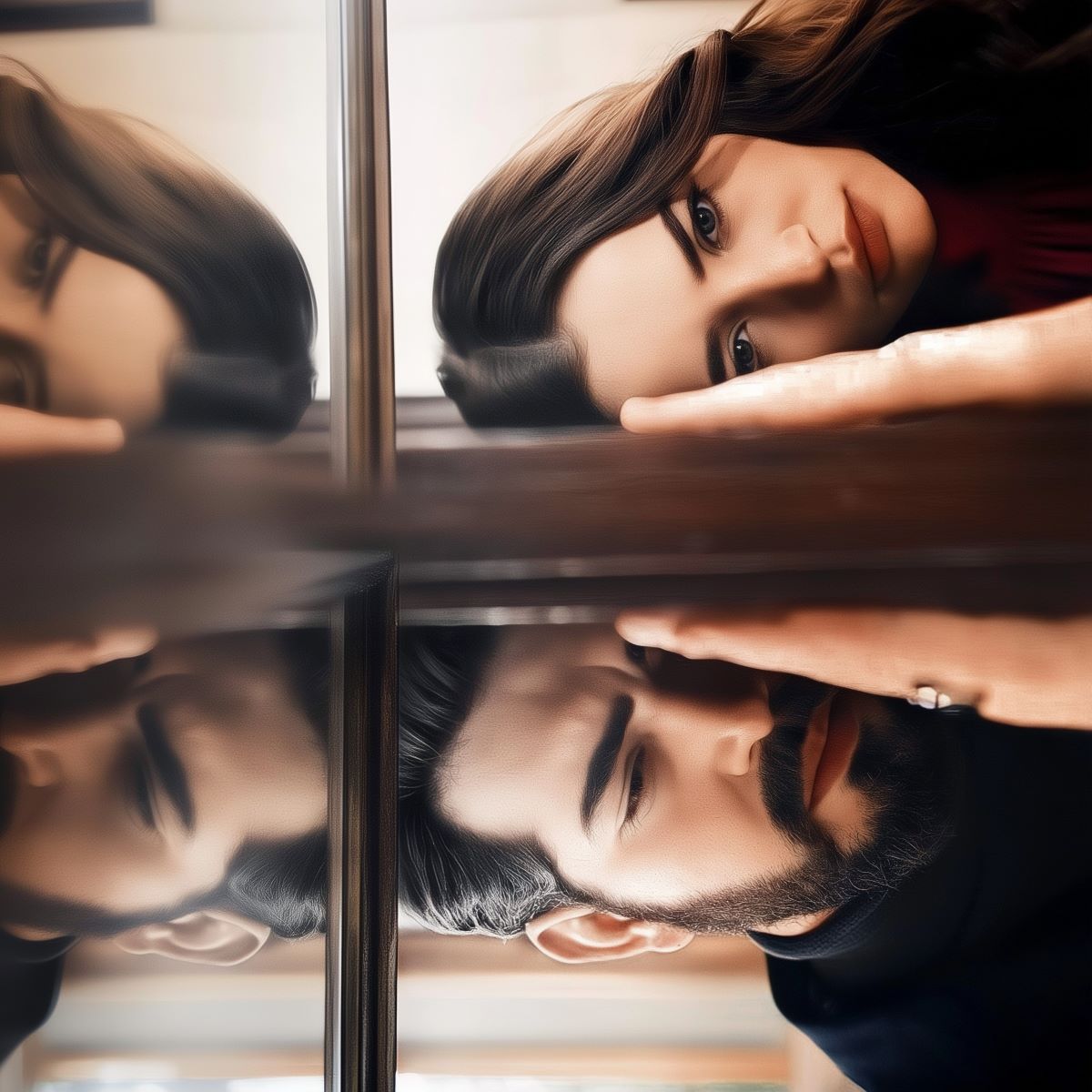 Mars-Saturn Synastry: The Eternal Loop
Mars-Saturn Synastry: The Eternal Loop
 Composite Sun in the 8th House: Weather the Storm
Composite Sun in the 8th House: Weather the Storm
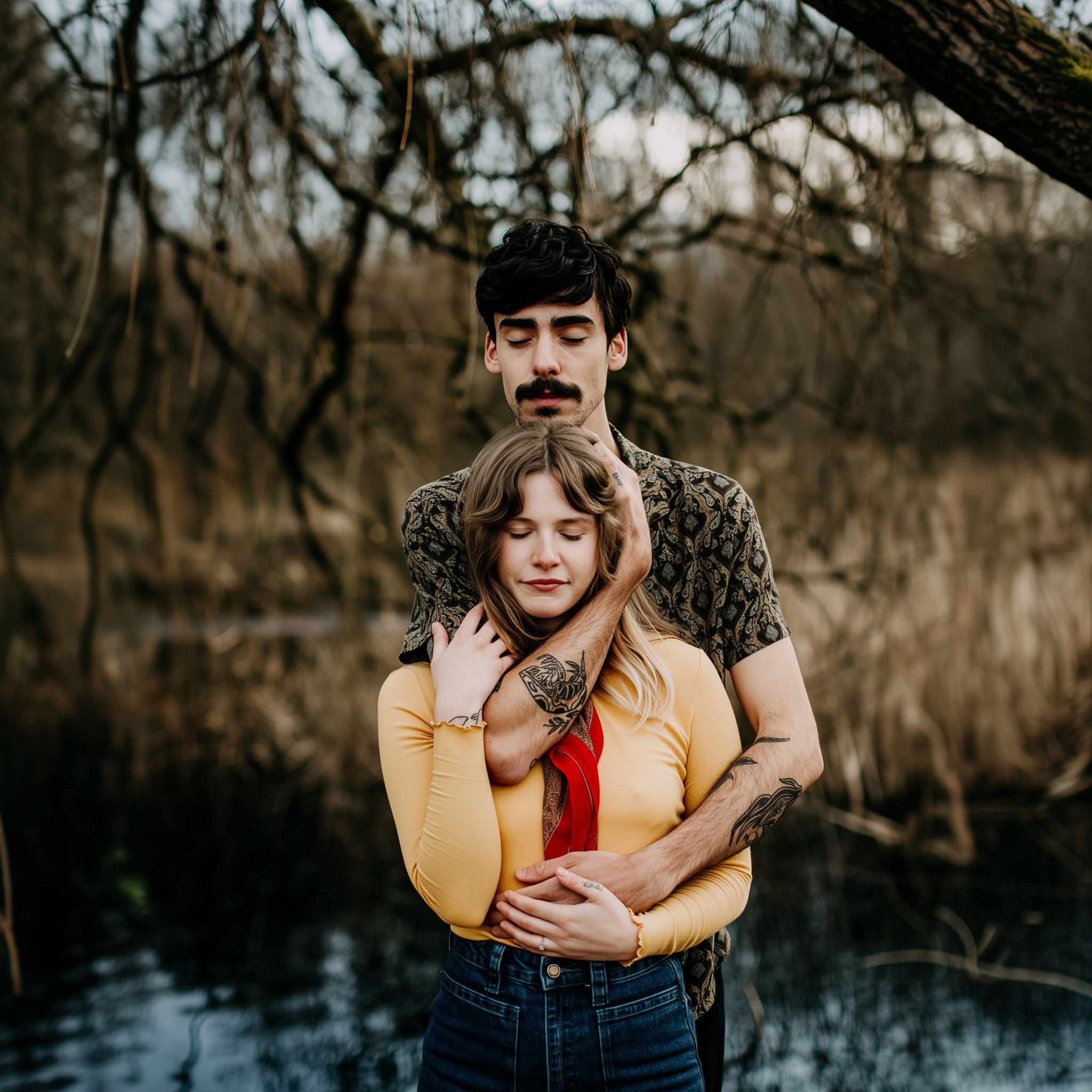 Sun Conjunct Pluto Synastry: Enlightening or Annihilating
Sun Conjunct Pluto Synastry: Enlightening or Annihilating
 Venus Trine Pluto: Dark Desires
Venus Trine Pluto: Dark Desires
 Mars Conjunct Pluto Synastry
Mars Conjunct Pluto Synastry
 Moon Opposite Uranus Natal Aspect
Moon Opposite Uranus Natal Aspect
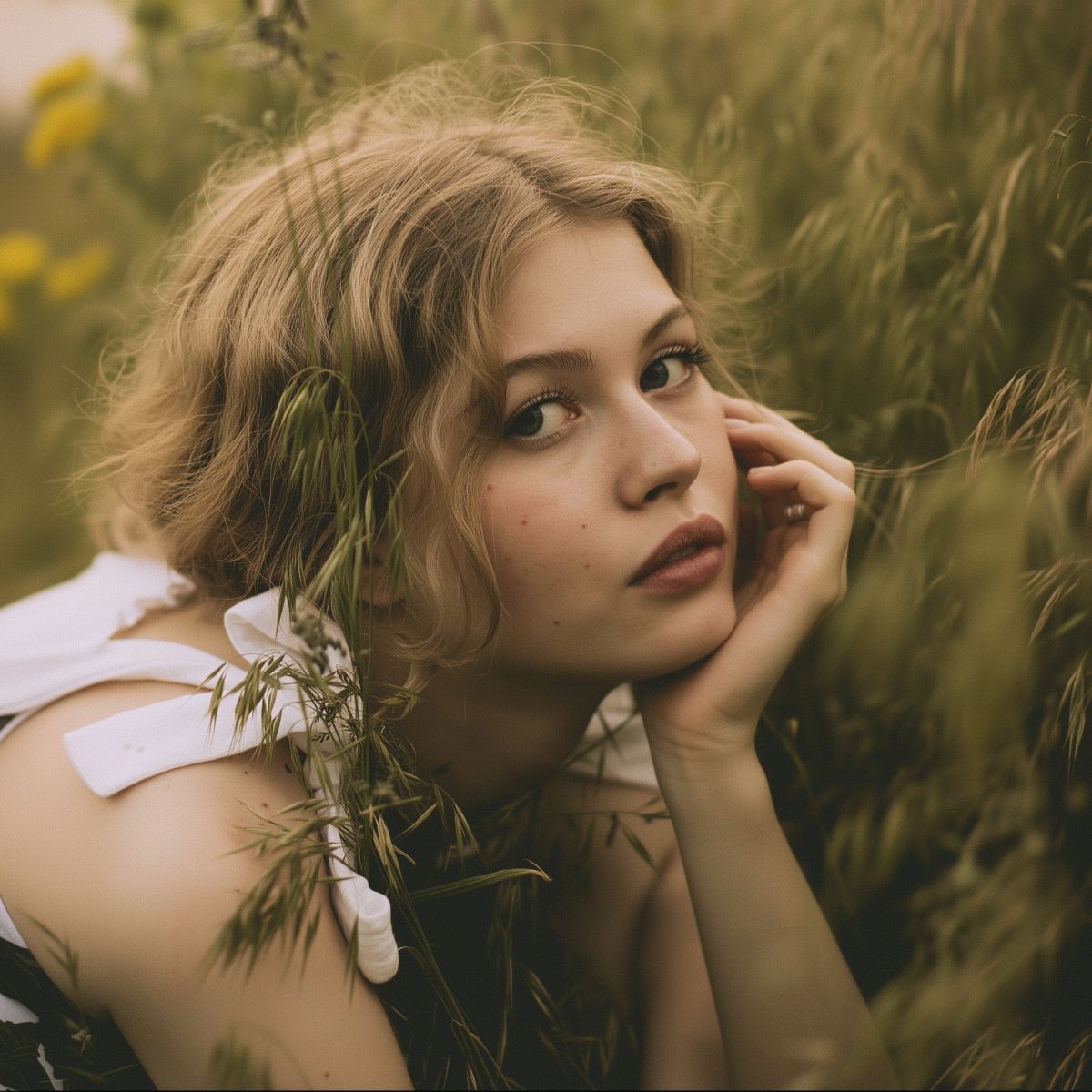 The Watery Gardeners: Cancer, Scorpio, and Pisces
The Watery Gardeners: Cancer, Scorpio, and Pisces
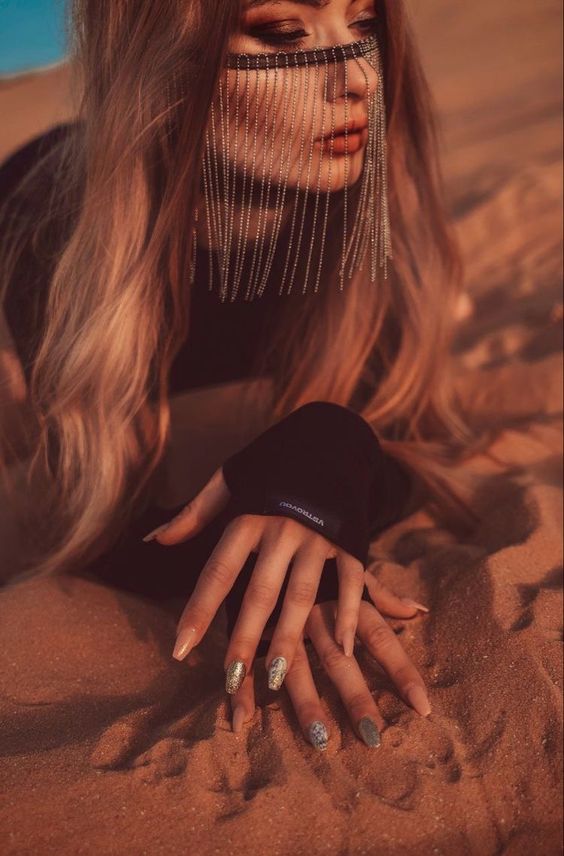 Transiting Pluto Aspect Natal Mars: Are You Mad as Hell
Transiting Pluto Aspect Natal Mars: Are You Mad as Hell
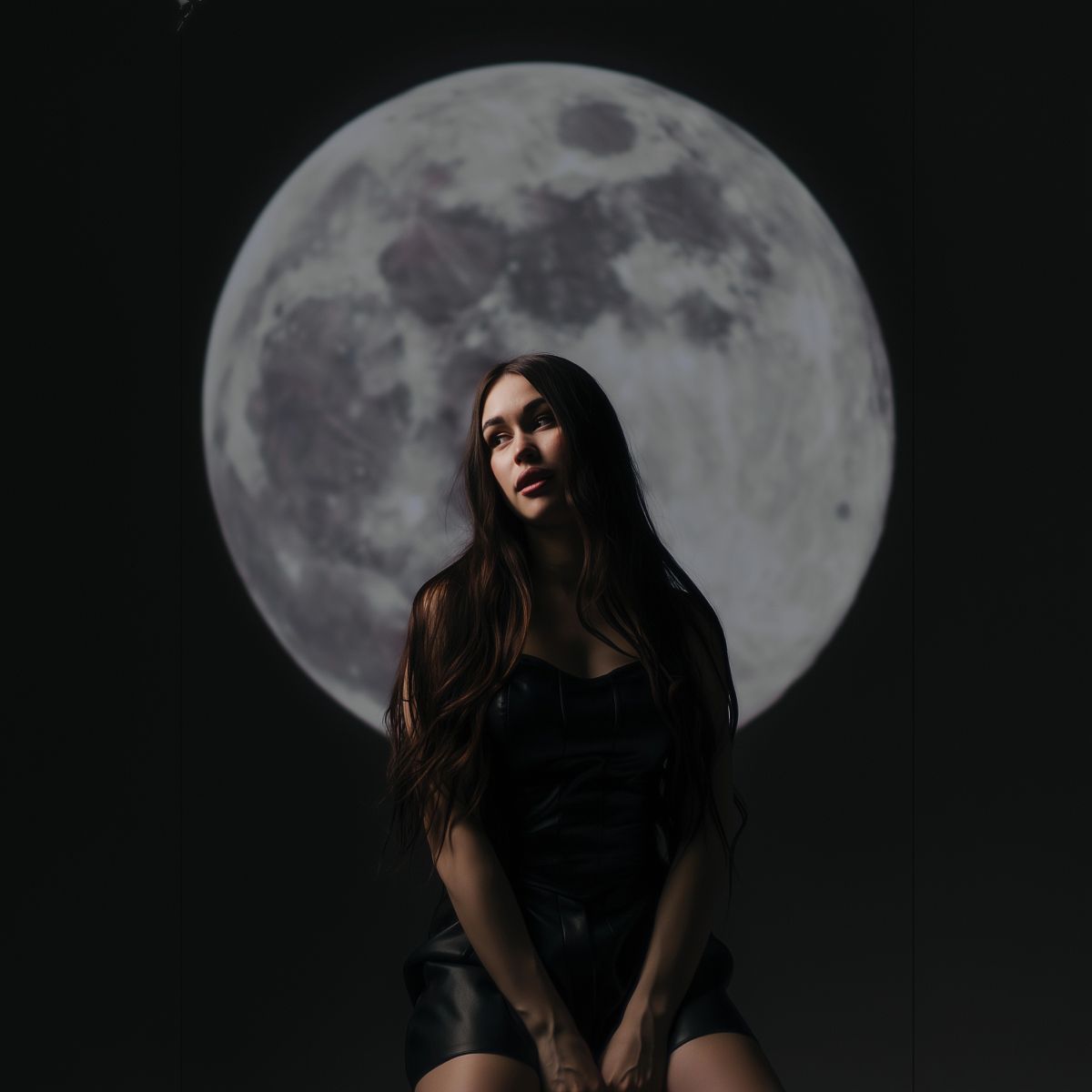 Moon Conjunct Pluto Natal Aspect: Emotional X-Ray Vision – Seeing Through Souls Since Birth
Moon Conjunct Pluto Natal Aspect: Emotional X-Ray Vision – Seeing Through Souls Since Birth